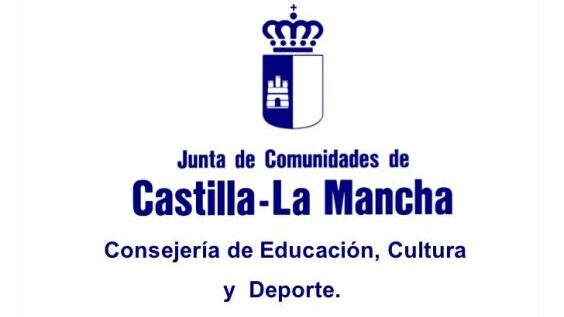
Innovaciones Tecnológicas de Soporte a la Docencia en Colegios Rurales Agrupados
01/09/2022 – 31/12/2025
Funded by: Junta de Comunidades de Castilla-La Mancha – Consejería de Educación, Cultura y Deporte.


Abstract
Based on the results obtained in the previous TecnoCRA project, the main purpose of this project is to integrate technological advances in the classroom in a natural way, so that they facilitate the educational work of teachers and improve the learning experience of students, taking into account the particularities of the Gathered Rural Schools (CRA).
In order to achieve this, the project has a twofold purpose. Firstly, to advance scientific and technical knowledge in the research field internationally known as TEL (Technology-Enhanced Learning). In this sense, the aim is to improve the results obtained previously, providing, on the one hand, new advances in the field of affective computing and integrating intelligent gamification mechanisms that improve the interactive experience of the system, through the creation of a robust infrastructure based on Fog Computing with IoT technology, which also allows the integration of new sensors, providing mobility, and interacting with the system in a natural way through minimally invasive wearable devices and interaction based on natural interfaces.
The second aim of the project will be to apply this knowledge in the educational field of two of the Gathered Rural Schools (CRA) existing in Castilla-La Mancha, specifically in the CRA «Sierra de Alcaraz» located in the province of Albacete and comprising the sections of Jardín, Peñascosa, Povedilla, Viveros and Robledo and, secondly, the CRA «Camino de Aníbal» comprising the municipalities of Lezuza, Tiriez and El Ballestero. The applications to be developed will provide support for teaching activities in these CRAs, both for teacher coordination and for the active participation of parents and students, emphasising interaction and communication between all educational agents.
The evaluations to be carried out cover several areas, as not only an evaluation of the applications developed from an operational and usability point of view is envisaged, but also an initial evaluation of the socio-economic impact in those regions of Castilla-La Mancha declared as an ITI area.
Among the results of the project, progress is expected to be made in:
(a) IoT technology and wearable devices applied in educational environments;
(b) the Fog Computing paradigm, as an information management platform;
(c) the field of natural user interfaces;
(d) the field of gamification in educational environments;
(e) the incorporation of intelligent tutoring systems (ITS);
(f) the application of affective computing in the classroom;
(g) the generation and evaluation of prototypes applied to improve teaching activity;
(h) advances in the field of methods for evaluating the quality of use and user
experience in technology-enriched educational environments.
Main Objective
Building on the results obtained from the previous project, specifically the virtual educational environment enriched with applications based on natural interfaces, the overall objective of this project is to enhance the lines already initiated. This involves, on one hand, advancing the field of affective computing by integrating gamification mechanisms to improve the interactive experience of the system. On the other hand, the goal is the full integration of this system into the classrooms of the CRA schools participating in the project (CRA “Sierra de Alcaraz” and CRA “Camino de Aníbal”). This will be achieved through the creation of a robust Fog Computing infrastructure with IoT technology, allowing the integration of new sensors, providing mobility, and enabling natural interaction with the system through minimally invasive wearable devices and interaction based on natural interfaces.
To achieve this objective successfully, it is essential to ensure that the environment is not only technically sound but also fully accepted by its intended users, taking into account the particularities of these educational centers, which are distributed across geographically distant locations. Continuous evaluation of the developments will be conducted, always guided by the feedback received from CRA members, including both students and teachers, to ensure that the usability, quality of use, and user experience criteria of the virtual educational environment and any additional applications developed are met. Furthermore, experimental studies will be carried out to validate the effectiveness of the proposed solutions.
Specific Goals
OBJ-1
Integration of the virtual educational environment into the real classroom of the CRA through the use of the Internet of Things, wearable devices, and mobility supported by Fog computing-based technological infrastructure.

OBJ-2
Develop and evaluate educational technologies by integrating intelligent gamification mechanisms.

OBJ-3
Incorporate Affective Computing techniques to enhance the system’s interactive experience.

OBJ-4
Evaluate the quality and impact of the developed technological environment on the different user groups of the Rural School Clusters (CRA).
Members
- María Dolores Lozano Pérez
- Luis Orozco Barbosa
- José Antonio Gallud Lázaro
- Víctor Manuel Ruiz Penichet
- Ricardo Tesoriero Pszytula
- Juan Enrique Garrido
- Gabriel Sebastián Rivera
- Félix Albertos Marco
- Felipe Costa Tébar
- Lucía Polo Martínez
- Belén Luna Lorente
